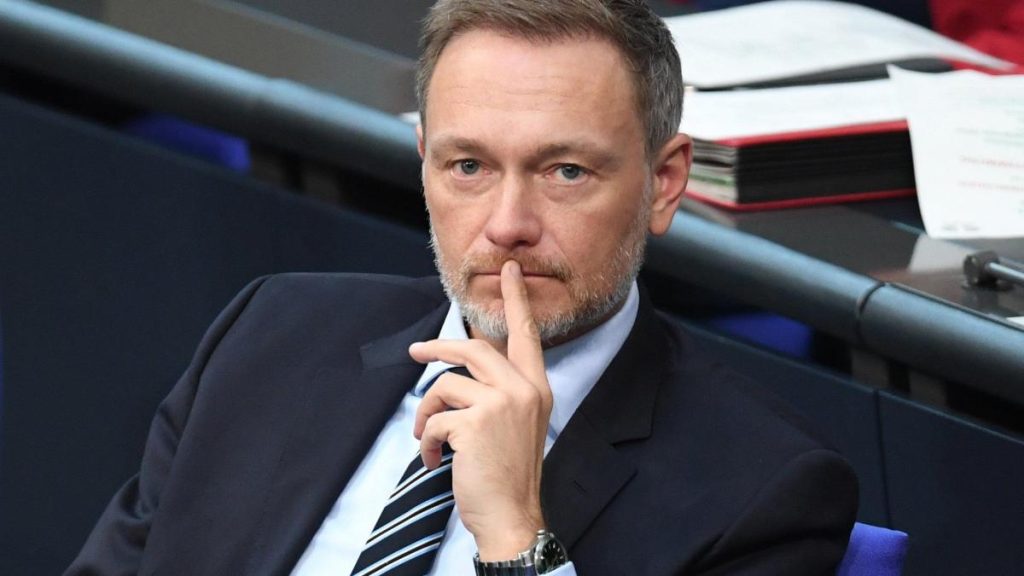In the traffic light coalition, a dispute is emerging over the taxation of high incomes. After the announcement by Federal Finance Minister Christian Lindner (FDP) to provide tax relief for income tax this year, the Greens and SPD oppose allowing “top earners” to pay less. On the other hand, the Union considers Lindner’s plans to be completely inadequate. Lindner had previously stated that he wanted to provide tax relief to “the working population”. He proposed raising the basic tax-free allowance in retrospect in the wage and income tax, in addition to offsetting the effect of “bracket creep” or the cold progression. This phenomenon occurs when income increases lead to higher tax rates, resulting in higher taxes, especially when inflation reduces purchasing power. Lindner aims to prevent individuals receiving a raise from being taxed more heavily.
The Greens and the SPD reject tax cuts for the wealthiest members of society, instead prioritizing tax relief for the working middle class. They argue that tax cuts for the wealthiest citizens should not be a priority, as there are larger groups, such as single working mothers and police officers, who struggle to make ends meet. The SPD supports Lindner’s proposal in principle but emphasizes the need to prioritize tax relief for the working middle class, rather than the country’s wealthiest individuals. FDP Vice-Fraktion Leader Christoph Meyer insists that the coalition should support Lindner’s plans to provide tax relief to the working population as a matter of fairness. Meyer argues that refusing to support tax relief measures will lead to increased tax burdens for all individuals.
The Union believes that a comprehensive tax reform is necessary, rather than just providing inflation adjustments. They argue that there are potential savings that can be made in areas such as the citizen’s income, asylum spending, and various government programs. However, the SPD and Greens lack the will to implement the necessary reforms. The Left Party criticizes Lindner’s plans, describing them as ineffective and criticizing the lack of financial support from states and municipalities, who are already experiencing budget constraints. Overall, there is disagreement among the coalition partners on how to approach tax relief measures, with each party advocating for different priorities.
Criticisms of Lindner’s plan also extend to the state level, with the Hamburg Finance Senator Andreas Dressel describing the focus on tax relief for high-income earners as “absurd” given the current financial situation. Lindner defends his position by arguing for fairness for the middle class, who contribute significantly to the state’s finances. The AfD and Sahra Wagenknecht’s group did not provide any statements on the discussion when approached for comment. The debate over tax relief measures continues to highlight the differing priorities and perspectives within the coalition government.


